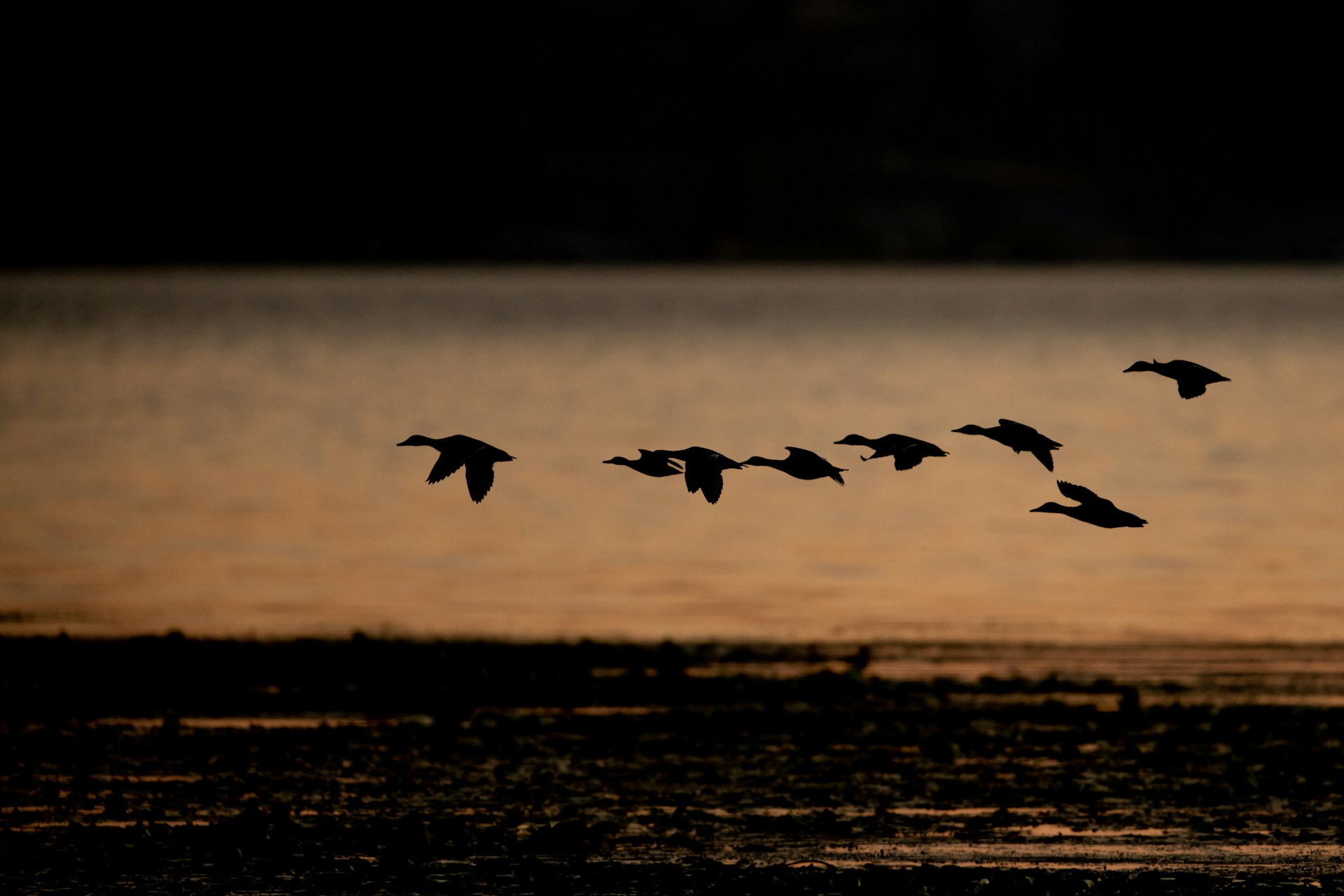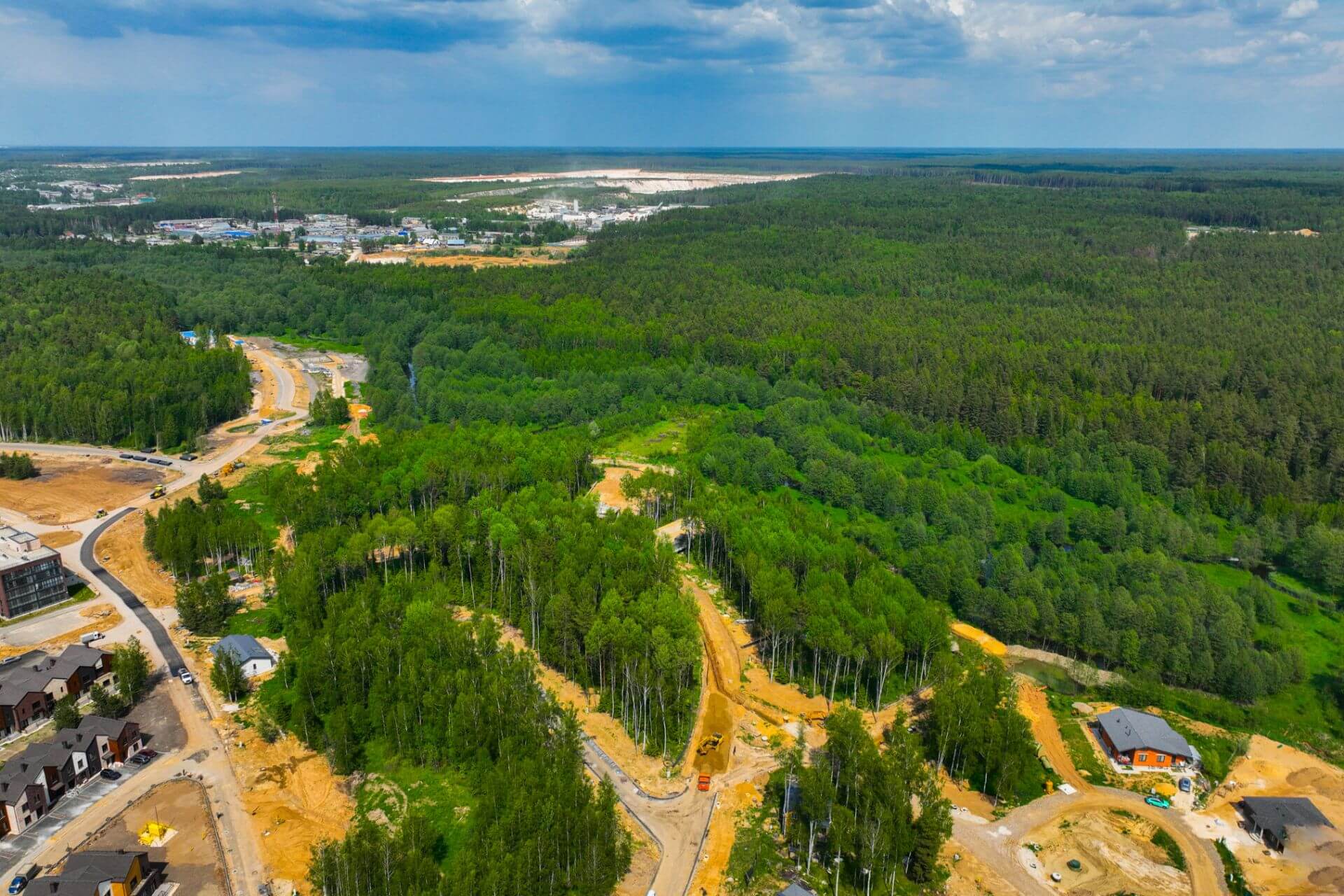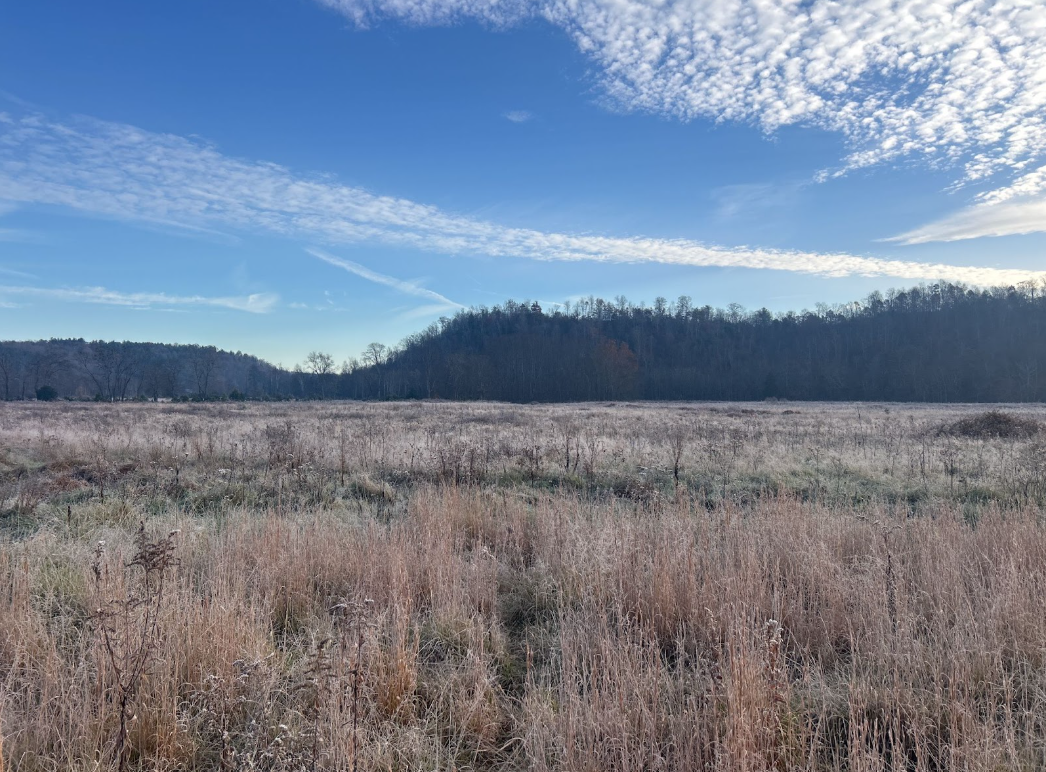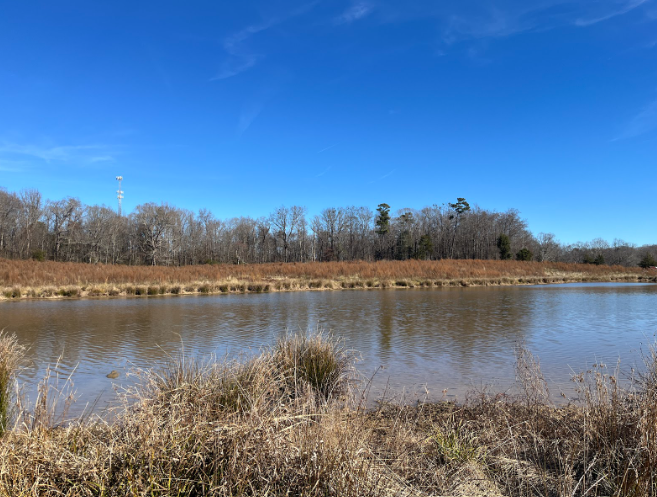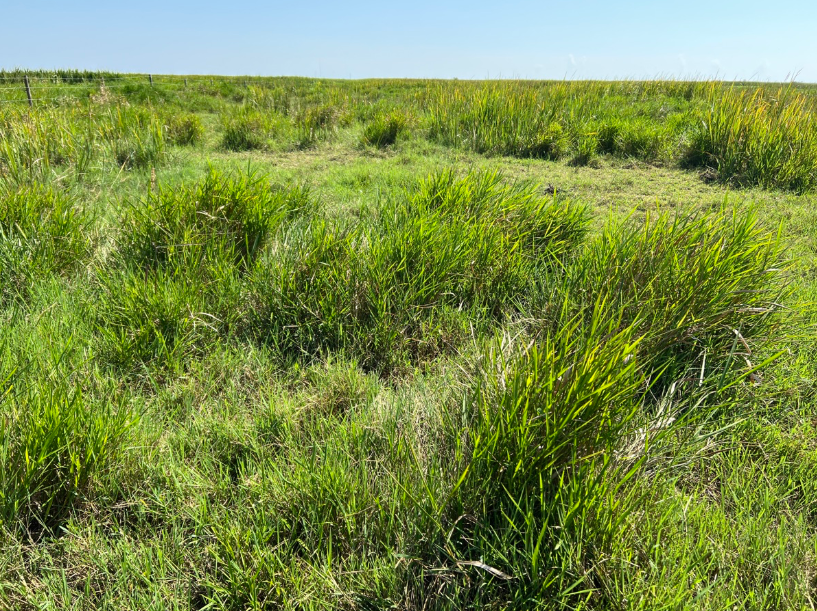Waterfowl hunting, often embraced as a heritage sport, transcends mere recreation, especially in the context of environmental conservation. At the heart of this activity lies the health of our river ecosystems, which are crucial for sustaining diverse wildlife populations and thereby fostering hunting opportunities for people of all ages.
Healthy Rivers: The Bedrock of a Thriving Waterfowl Population
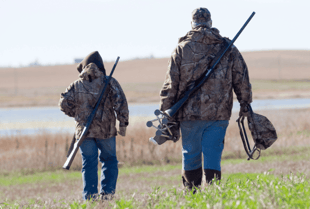 The vitality of river ecosystems is critical in nurturing waterfowl populations. Rivers serve as indispensable habitats for ducks, geese, and other waterfowl, providing them with necessary resources such as food, shelter, and breeding grounds. Healthy, vibrant rivers are thus synonymous with thriving waterfowl populations, which in turn enhance hunting opportunities.
The vitality of river ecosystems is critical in nurturing waterfowl populations. Rivers serve as indispensable habitats for ducks, geese, and other waterfowl, providing them with necessary resources such as food, shelter, and breeding grounds. Healthy, vibrant rivers are thus synonymous with thriving waterfowl populations, which in turn enhance hunting opportunities.
For hunters, recognizing the connection between the robustness of river ecosystems and the abundance of waterfowl is fundamental. This understanding promotes a deeper appreciation for environmental conservation efforts and underscores the importance of preserving healthy river ecosystems for the longevity and sustainability of waterfowl hunting.
Educational Benefits of Waterfowl Hunting
Waterfowl hunting is a dynamic educational experience for participants of all ages. It serves as a practical platform for learning about various waterfowl species, their migratory behaviors, and habitat needs. Knowledge gained from observing healthy river systems not only aids in developing hunting skills but also instills a deep respect for wildlife and their natural environments.
Additionally, hunters gain insights into the importance of environmental stewardship. Awareness of issues such as pollution, habitat destruction, and climate change's impacts on river health and consequently on waterfowl populations motivates hunters to participate in or support conservation initiatives, securing the future of their sport.
Physical and Mental Advantages for a Diverse Age Group
Waterfowl hunting offers significant physical and mental benefits to hunters of different ages. The activity often involves walking over varied terrains, carrying equipment, and navigating through water, activities that promote physical health and build endurance. Mentally, hunting requires patience, keen observation, and strategic planning – skills that are sharpened with each hunting experience and are valuable in many life situations.
Of course, the benefit of being out in nature are well known and becoming increasingly more important in our digital age. Spending time outdoors helps people relax and clear their head, getting away from everyday stress to help both the mind and body.
Cultivating Responsibility and Ethical Practices
A key aspect of waterfowl hunting is fostering a sense of responsibility, especially concerning environmental care. Hunters learn the importance of adhering to regulations, such as observing hunting seasons and maintaining bag limits, which are critical for sustainable wildlife populations. They also become versed in safe gun handling and ethical hunting practices, cultivating a culture of respect and responsibility towards wildlife and their habitats.
This sense of responsibility is particularly influential in the context of river conservation. Hunters recognize that their actions directly impact the health of rivers and, by extension, the quality of their hunting experiences. This realization drives them to advocate for and engage in sustainable practices that protect river health.
Community Engagement and Shared Experiences
Waterfowl hunting is a community-centered activity that reinforces bonds within families and across generations. It unites individuals around a shared passion, fostering a sense of community and belonging. This communal aspect frequently extends to collective conservation efforts, with many hunting groups participating in or organizing initiatives aimed at river conservation and habitat restoration.
The Critical Role of Conservation Organizations
Conservation organizations are pivotal in bridging waterfowl hunting with river health. Groups such as Ducks Unlimited and the National Wild Turkey Federation are instrumental in conserving and restoring river habitats. Their work benefits not only waterfowl populations but also enhances hunting opportunities. Hunters' support of these organizations contributes to broader ecosystem conservation goals.
Wider Implications of Healthy Rivers
The advantages of healthy rivers go beyond enhancing hunting experiences. These ecosystems perform essential ecological functions like water filtration, flood control, and supporting biodiversity. Advocating for healthy rivers means hunters are also supporting these broader environmental benefits, contributing to the overall well-being of our planet.
Conclusion
In conclusion, the interplay between waterfowl hunting and river health is intrinsically linked. Healthy rivers create abundant and sustainable hunting opportunities for enthusiasts of various ages, making the conservation of these ecosystems a key priority for the hunting community. Engaging in waterfowl hunting allows individuals to enjoy a fulfilling outdoor activity while becoming part of a larger environmental stewardship movement.
This dynamic highlights the critical need to protect our river ecosystems – not just for current enjoyment by hunters but also for the future health of our planet and the continued tradition of waterfowl hunting. This relationship underscores that protecting river health is not just an environmental issue; it is essential for preserving a way of life that connects people with nature and with each other across generations.
About the Author
Sam Warnock brings in-depth experience with ecosystem services, natural capital accounting, and environmental regulations based on his time spent in the private environmental sector and his education. His experience stems from projects related to regulatory permitting, chemical analysis, and EPA compliance. He has overseen a broad range of projects across the globe with a focus on environmental sustainability.
Learn MoreWe are a trusted partner for dam removal projects to restore our rivers to their natural state
Learn More

